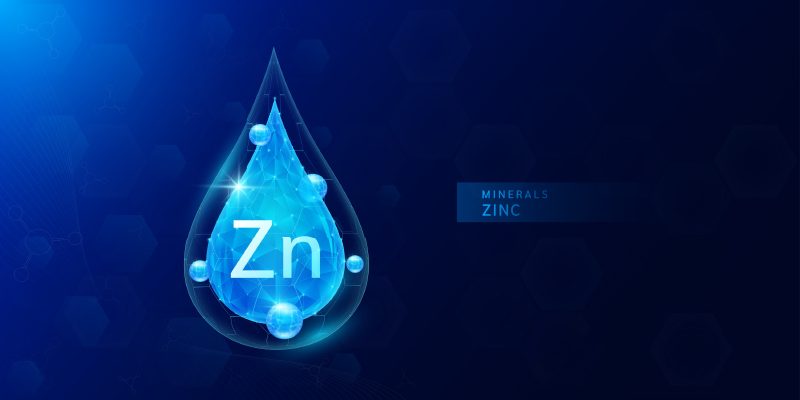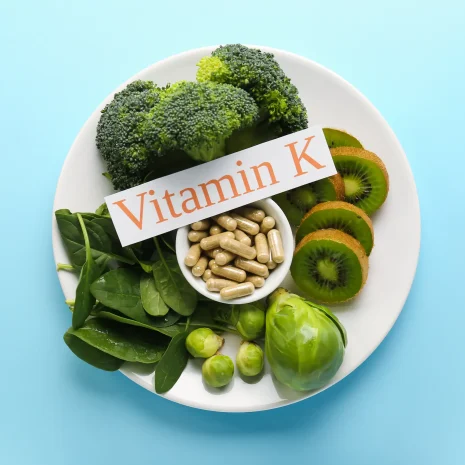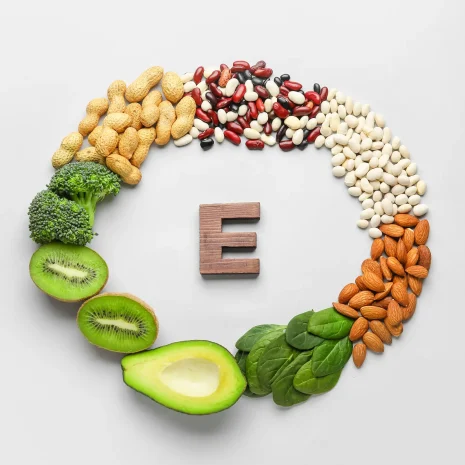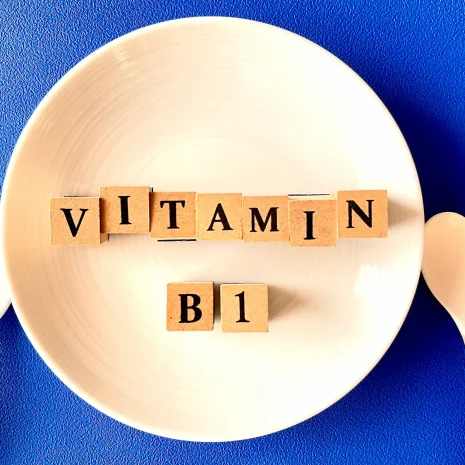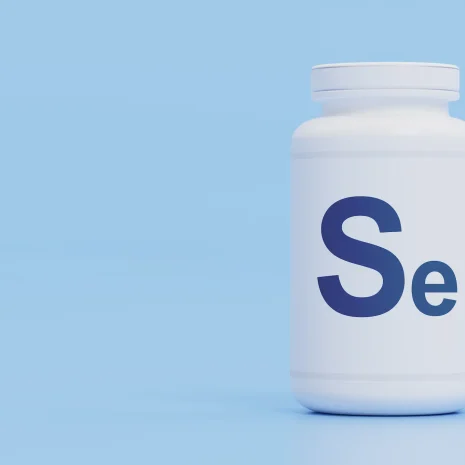What does zinc do in the body?
Zinc is an essential mineral that plays numerous vital roles in the human body. Despite the fact that it is required in small amounts, zinc is crucial for the functioning of nearly 100 enzymes involved in critical biochemical reactions. Understanding zinc and its functions is imperative for maintaining overall health and well-being.
Why is zinc good for you?
Zinc plays a significant role in various physiological processes, including:
- DNA Formation: Zinc is integral in the synthesis of DNA and RNA, supporting cell growth and division.
- Immune System Support: This mineral is vital for the proper functioning of the immune system. Zinc enhances the production and activity of white blood cells, helping the body to fight off infections effectively.
- Wound Healing: Zinc is essential in the healing process as it aids in cell regeneration and tissue repair.
- Protein Synthesis: Zinc promotes the synthesis of proteins, which are crucial for body structure and function.
- Insulin Regulation: It plays a role in the production and release of insulin, a hormone necessary for glucose metabolism.
- Reduction of Inflammation: Zinc contributes to reducing inflammation in the body, supporting overall health.
Where is Zinc Found in the Body?
Zinc is present in various tissues throughout the human body, with significant concentrations primarily located in the liver, pancreas, kidneys and bones. Despite its importance, many individuals do not obtain adequate zinc from their diets, leading to potential deficiencies. A lack of zinc can result in several health problems, including:
- Growth deficiencies and stunted growth, particularly in children.
- Increased susceptibility to respiratory infections.
- Digestive issues such as diarrhoea.
- Skin conditions, including dermatitis and delayed wound healing.
To prevent these complications, it’s essential to ensure adequate zinc intake through diet or supplementation. If you suspect you might have a deficiency, consulting a healthcare professional for testing and guidance is crucial.
Which foods contain zinc?
To meet your daily zinc requirements, it’s important to incorporate a variety of foods into your diet. Here are some excellent sources of zinc:
- Red Meat: Beef is one of the richest natural sources of zinc. Other meats, such as lamb and pork, are also good options.
- Seafood: Oysters are particularly high in zinc, followed by mussels, crab and shrimp. It’s advisable to consume seafood in moderation due to concerns about mercury levels.
- Eggs: Eggs are not only a good source of zinc but also contain other nutrients that aid in zinc absorption.
- Whole Grains: Foods like whole wheat bread, brown rice and oats are beneficial for providing zinc along with healthy carbohydrates and fibre.
- Nuts and Seeds: Nuts (like almonds and cashews) and seeds (such as pumpkin seeds and sunflower seeds) are nutrient-dense snacks that provide a good amount of zinc along with healthy fats and protein.
- Legumes: Chickpeas, lentils and beans also contribute to a significant intake of zinc.
By understanding what foods contain zinc, you can design a balanced diet that meets your nutritional needs.
Daily Zinc Requirements
The daily requirements for zinc vary based on factors such as age, gender and specific health conditions. General recommendations are as follows:
- Adult Men: Approximately 11 mg per day.
- Adult Women: Approximately 8 mg per day.
- Pregnant and Breastfeeding Women: Increased needs of about 11-12 mg per day to support foetal development and lactation.
Given that the body cannot produce zinc on its own, it is vital to maintain a consistent intake through diet. If dietary sources are insufficient, consider consulting with a healthcare provider regarding zinc supplementation.
The Importance of Zinc for Good Health
Zinc is an essential mineral integral to numerous bodily functions, including immune system support, wound healing and protein synthesis. By understanding the importance of zinc and incorporating zinc-rich foods into your diet, you can effectively support your health. If you suspect you are not getting enough zinc or experience symptoms of deficiency, seeking guidance from a healthcare professional is advisable to ensure optimal levels are maintained.
While multivitamins can offer valuable support for overall health, it is essential to recognize that a balanced diet should remain the cornerstone of nutritional well-being. Multivitamins are intended to be a complementary measure and should not be considered a substitute for a diverse and nutritious food intake.
Note: It is strongly advised that individuals consult a healthcare professional prior to initiating any supplement, particularly if they have existing health conditions, are taking prescribed medications, or are pregnant.
